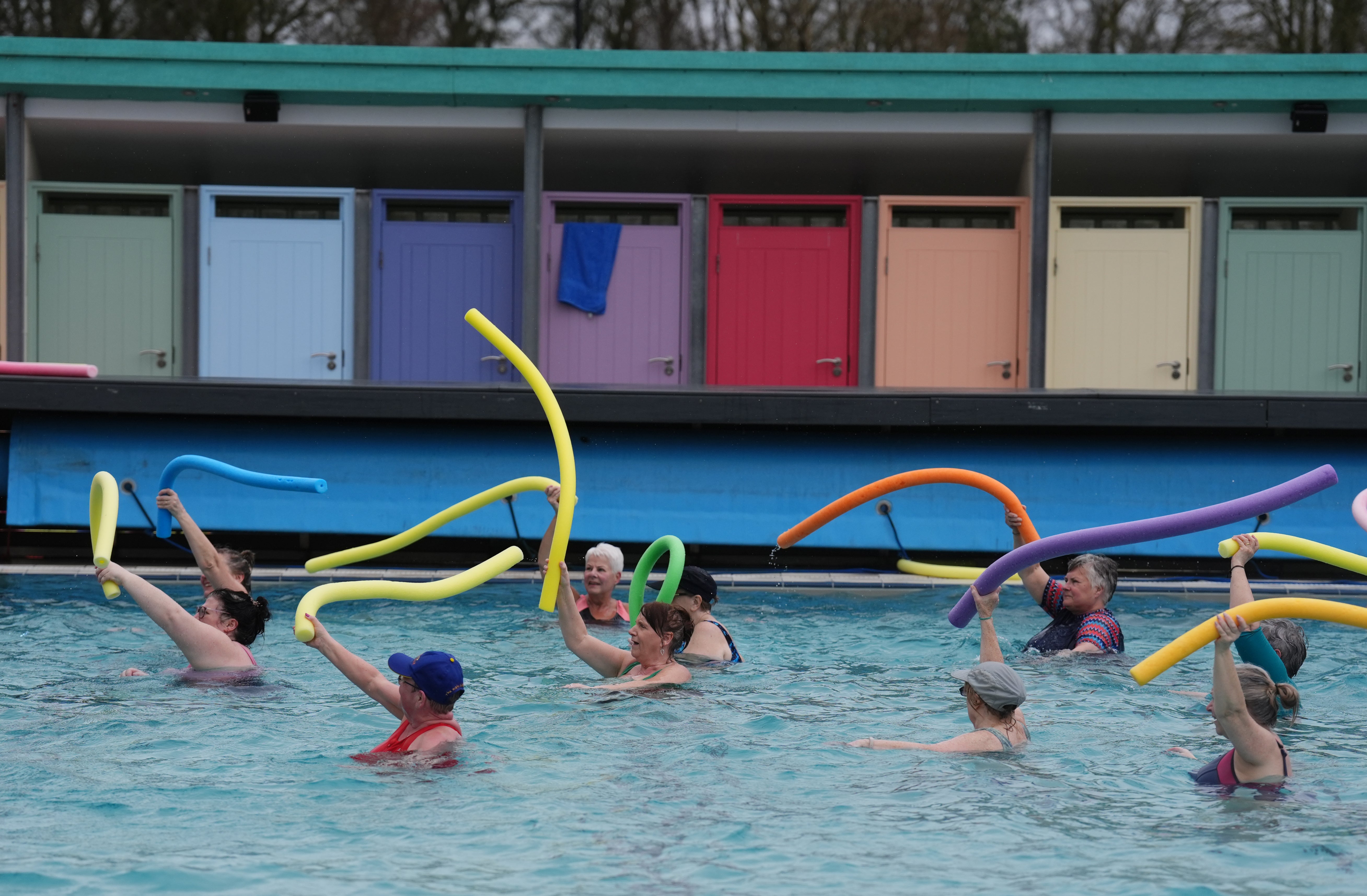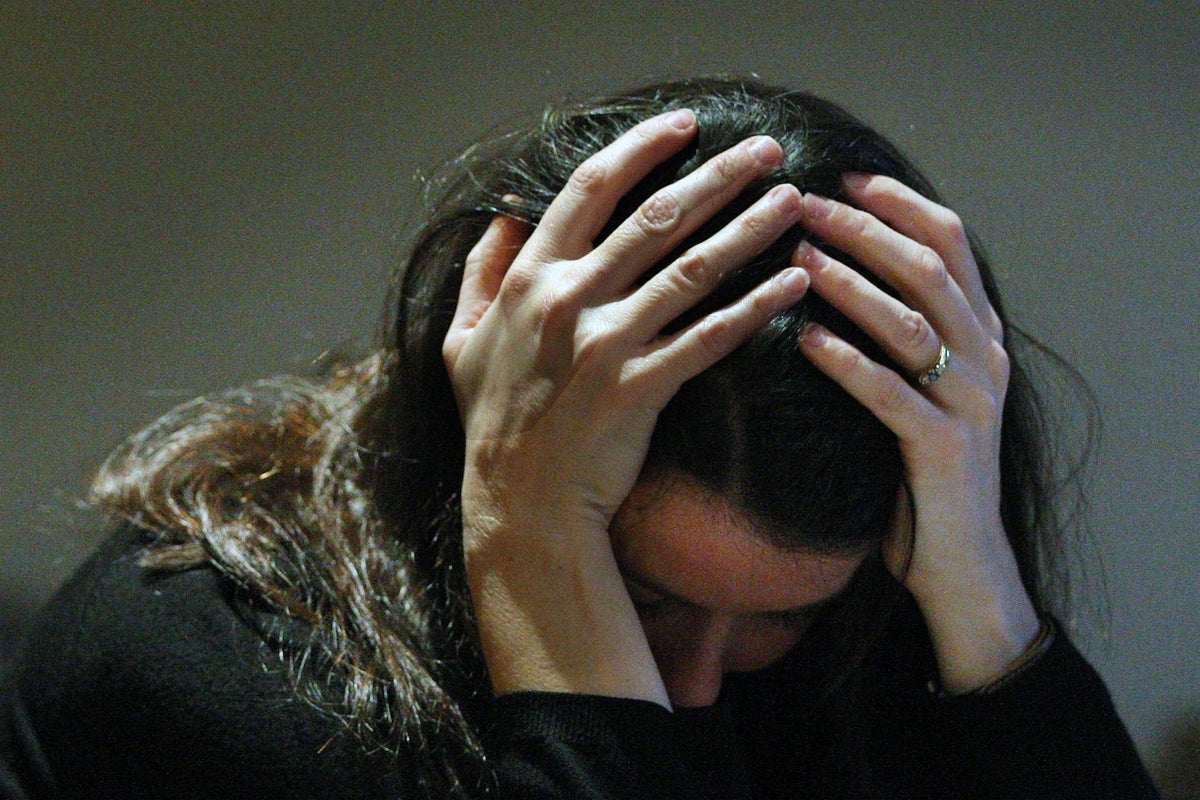Your support helps us to tell the story
From reproductive rights to climate change to Big Tech, The Independent is on the ground when the story is developing. Whether it’s investigating the financials of Elon Musk’s pro-Trump PAC or producing our latest documentary, ‘The A Word’, which shines a light on the American women fighting for reproductive rights, we know how important it is to parse out the facts from the messaging.
At such a critical moment in US history, we need reporters on the ground. Your donation allows us to keep sending journalists to speak to both sides of the story.
The Independent is trusted by Americans across the entire political spectrum. And unlike many other quality news outlets, we choose not to lock Americans out of our reporting and analysis with paywalls. We believe quality journalism should be available to everyone, paid for by those who can afford it.
Your support makes all the difference.Read more
Exercise and therapy could help cure a broken heart, a condition diagnosed in 5,000 Britons each year, according to new research.
Known as Takotsubo syndrome, the condition occurs when the heart muscle weakens and changes shape. It is often caused by severe emotional or physical stress, such as bereavement.
The syndrome mimics the symptoms of a heart attack and doubles the risk of early death for those affected.
Dr David Gamble, from the University of Aberdeen, said: “In Takotsubo syndrome, there are serious effects on the heart, which may not return to normal. We know that patients can be affected for the rest of their lives and that their long-term heart health is similar to people who have survived a heart attack.”

open image in gallery
Those in the heart recovery programme underwent 12 weeks of prescribed exercise (PA Wire)
The trial was the first of its kind and funded by the British Heart Foundation and presented at the European Society of Cardiology Congress in Madrid, the world’s largest heart conference.
It was found that cognitive behavioural therapy and a heart recovery exercise programme resulted in physical improvements in patients with Takotsubo syndrome
Dr Gamble said: “These results further highlight the importance of ‘the brain-heart axis’. It shows that cognitive behavioural therapy or exercise could help patients along the road to recovery.”
The trial randomly assigned 76 patients diagnosed with the condition to receive cognitive behavioural therapy, an exercise programme, or standard care. Those in the exercise programme were prescribed several forms of exercise, including cycling, running, and swimming, over the course of 12 weeks.

open image in gallery
Those in the exercise programme could walk an average of 528 metres in six minutes by the end of the trial, up from an average of 457 metres (Getty/iStock)
By the end of the trial, those in the exercise programme could walk an average of 528 metres in six minutes, up from an average of 457 metres beforehand. They also had an improved ability to consume oxygen by 18 per cent.
It saw similar results for those who received therapy, with an increase of 458 metres in six minutes, up from 402 metres, and an oxygen consumption improvement of 15 per cent.
There were minimal heart health improvements in the patients who received the standard care.
The condition was first discovered in the late 1990s and is attributed to the cause of at least 7 per cent of heart attacks.
Dr Sonya Babu-Narayan, British Heart Foundation’s clinical director, said: “Takotsubo syndrome can be a devastating condition that can affect you at a really vulnerable time if triggered by a major life event.
“People may not be as surprised that an exercise programme helped heart patients, but it is intriguing that this study also showed that cognitive behavioural therapy improved heart function and patients’ fitness.”

